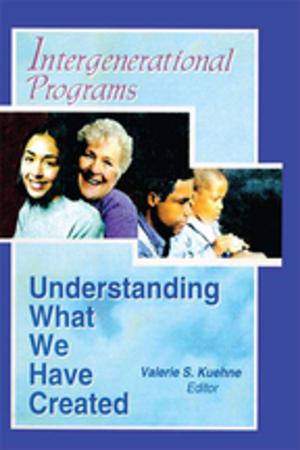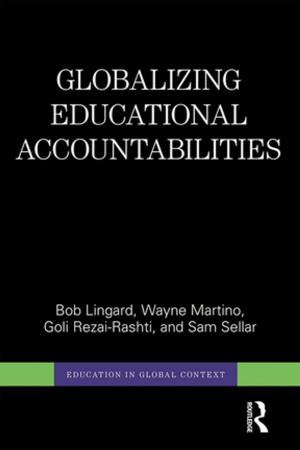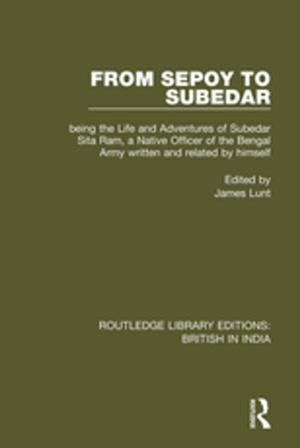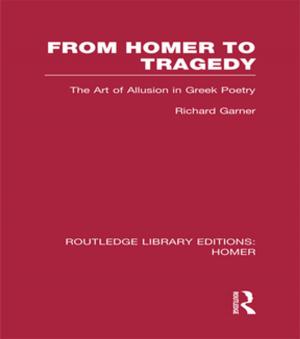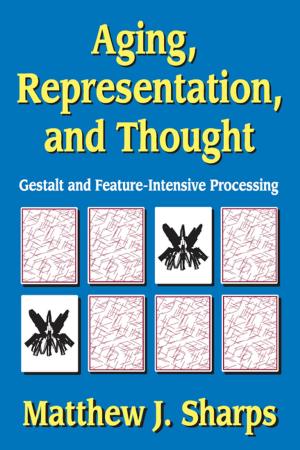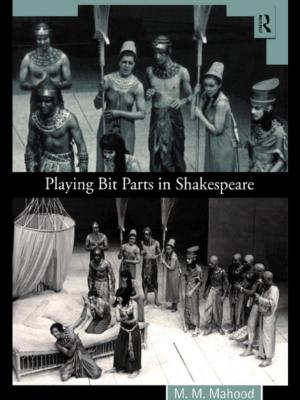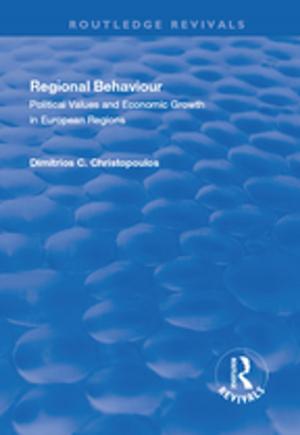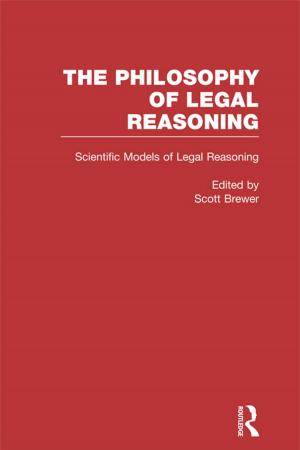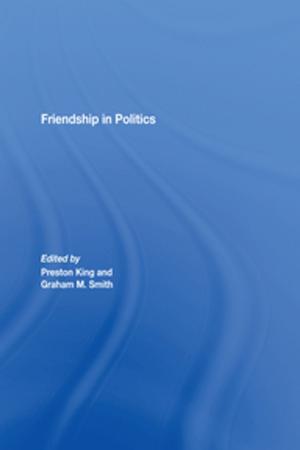Encounters with Violence in Latin America
Urban Poor Perceptions from Colombia and Guatemala
Nonfiction, Social & Cultural Studies, Social Science, Anthropology| Author: | Cathy McIlwaine, Caroline Moser | ISBN: | 9781134575640 |
| Publisher: | Taylor and Francis | Publication: | August 2, 2004 |
| Imprint: | Routledge | Language: | English |
| Author: | Cathy McIlwaine, Caroline Moser |
| ISBN: | 9781134575640 |
| Publisher: | Taylor and Francis |
| Publication: | August 2, 2004 |
| Imprint: | Routledge |
| Language: | English |
Latin America is both the world's most urbanized fastest developing regions, where the links between social exclusion, inequality and violence are clearly visible. The banal, ubiquitous nature of drug crime, robbery, gang and intra-family violence destabilizes countries' economies and harms their people and social structures.
Encounters with Violence & Crime in Latin America explores the meaning of violence and insecurity in nine towns and cities in Columbia and Guatemala to create a framework of how and why daily violence takes place at the community level. It uses pioneering new methods of participatory urban appraisal to ask local people about their own perceptions of violence as mediated by family, gender, ethnicity and age. It develops a typology which distinguishes between the political, social, and economic violence that afflicts communities, and which assesses the costs of consequences of violence in terms of community cohesion and social capital. This gives voice to those whose daily lives and dominated by widespread aggression, and provides important new insights for researchers and policy-makers.
Latin America is both the world's most urbanized fastest developing regions, where the links between social exclusion, inequality and violence are clearly visible. The banal, ubiquitous nature of drug crime, robbery, gang and intra-family violence destabilizes countries' economies and harms their people and social structures.
Encounters with Violence & Crime in Latin America explores the meaning of violence and insecurity in nine towns and cities in Columbia and Guatemala to create a framework of how and why daily violence takes place at the community level. It uses pioneering new methods of participatory urban appraisal to ask local people about their own perceptions of violence as mediated by family, gender, ethnicity and age. It develops a typology which distinguishes between the political, social, and economic violence that afflicts communities, and which assesses the costs of consequences of violence in terms of community cohesion and social capital. This gives voice to those whose daily lives and dominated by widespread aggression, and provides important new insights for researchers and policy-makers.

